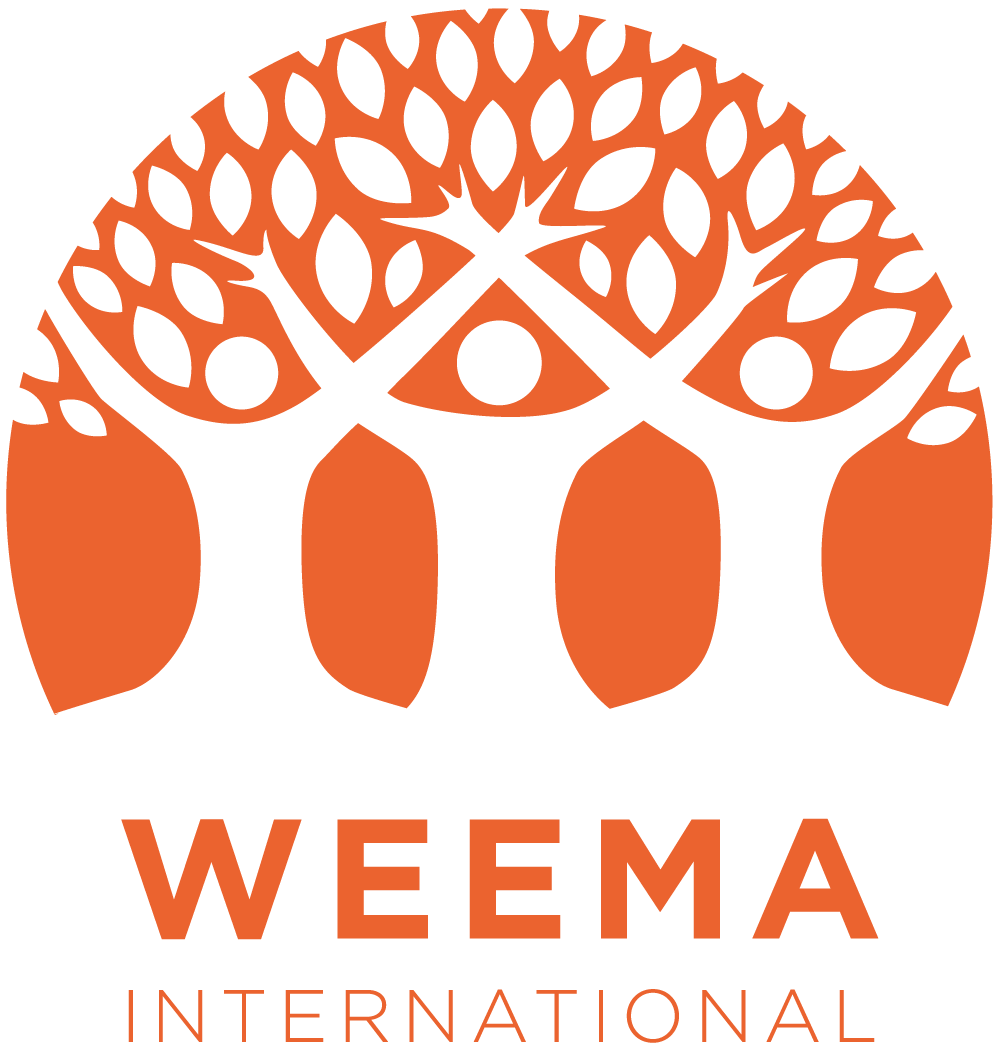Farmers Support
THE ISSUE
Smallholder farmers in Southern Ethiopia face numerous challenges that affect their productivity and overall livelihoods including:
Climate Change: Climate change is one of the most severe threats affecting smallholder farmers. It is causing higher temperatures, more frequent droughts, and extreme rainfall events- all contributing to crop failures, reduced yields, soil erosion, and land degradation.
Access to Finance and Credit Facilities: Most smallholder farmers lack access to formal financial services, which makes it hard for them to invest fertilizers, improved seed varieties, better farming equipment and more innovative farming practices.
Access to Markets: Smallholder farmers often lack access to markets where they can sell their products at fair prices. Poor road infrastructure, lack of transportation, and long distances to major markets are among the key impediments. Their lack of information on market prices is another limitation that leads to exploitation by middlemen.
Crop Pests and Diseases: Another significant challenge is the prevalence of crop pests and diseases. Fall armyworm and locust invasions have devastated crops in recent years. Coffee leaf rust and wheat rust also threaten farmers' incomes.
Farming Equipment and Technology: Most smallholder farmers rely on traditional farming practices and manual labor due to the high costs associated with purchasing and maintaining modern farming equipment. This limitation often leads to lower yields and inefficiencies.
Seeds and Fertilizers: Access to high-quality seeds and fertilizers is broadly limited. Counterfeit seeds and fertilizers are also pervasive, resulting in lower crop yields and soil health.
Addressing these challenges requires a multifaceted approach, including policy changes, technological innovations, infrastructural improvements, and capacity-building initiatives. It is crucial to prioritize the needs of smallholder farmers in southern Ethiopia to ensure food security and sustainable agricultural development in the region.
WEEMA’S COMMUNITY-LED INTERVENTION
WEEMA has supported hundreds of local smallholder farmers in the following ways:
Agricultural training: Provide farmers with training on modern and sustainable agricultural practices. This includes guidance on crop selection, soil management, irrigation techniques, pest and disease control, and efficient farming methods.
Access to quality inputs: Deliver high-quality seeds, supply basic farming tools, provide small animals such as chickens, sheep and goats, and link to local government fertilizer distributors.
Irrigation infrastructure and water management: Invest in irrigation infrastructure such as small-scale irrigation systems.
Climate-smart agriculture: Support the adoption of climate-smart agricultural practices to help farmers mitigate the impacts of climate change and build resilience. These practices include sustainable land management, agroforestry, conservation agriculture, and the use of climate-resilient crop varieties.
Strengthening farmer organizations: Strengthen farmer cooperatives which enable collective decision-making, joint purchasing, bulk selling, and sharing of knowledge and resources.
Research and innovation: Collaborate with research institutions, such as the International Livestock Research Institute, and promote the adoption of improved agricultural practices.
FARMERS SUPPORT LOG FRAME
(What is a log frame? A logical framework, often referred to as a log frame, is a planning tool used in international development to design, implement, monitor, and evaluate projects. It establishes a coherent structure to identify and express the project's goals, objectives, activities, inputs, outputs, outcomes, and impacts, while also defining the indicators for measuring success and identifying potential risks and assumptions. This framework fosters accountability and ensures that projects are effectively addressing identified needs and expected results.)
SUCCESS STORY
Aster joined our agriculture pilot project along with 58 local farmers. She was trained in modern farming and irrigation techniques and received hand tools, quality seeds, avocado saplings, and grasses to grow to feed her livestock. Prior to joining, her family, like many in her community, struggled with hunger due to drought and the rising cost of food.
Aster’s first harvest after participating in the pilot project was a huge success- a bumper crop of tomatoes and onions- and she made a considerable profit after selling some of them at the local market in town. She was later approached by girls and women asking to purchase her harvest at a low price so they, too, could sell at the market for profit. Aster agreed, statings, ‘’I am happy that girls come to my home to buy my onions and then sell them at the local market for a profit. And with that money, they can buy what they need for their education.‘’
Aster’s farm has improved dramatically, thanks to her new skills and quality supplies that started her out on the right foot. Her farm has quickly become a “teaching farm” where other farmers go to learn new skills. She has also shared her knowledge with women from her Self-Help Group, and they, too, are seeing better results in their gardens. Her outlook on life has changed dramatically: “I am happy to support my family and my community. My life has changed. My family now has plenty of good food to eat, and I feel like I am making a difference in my community!”


